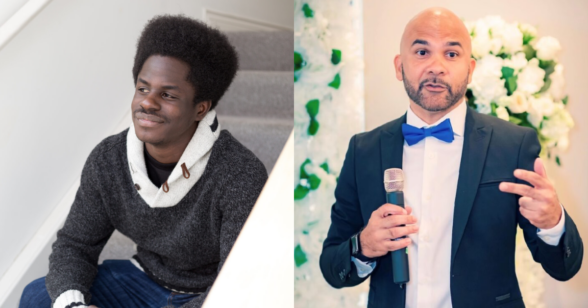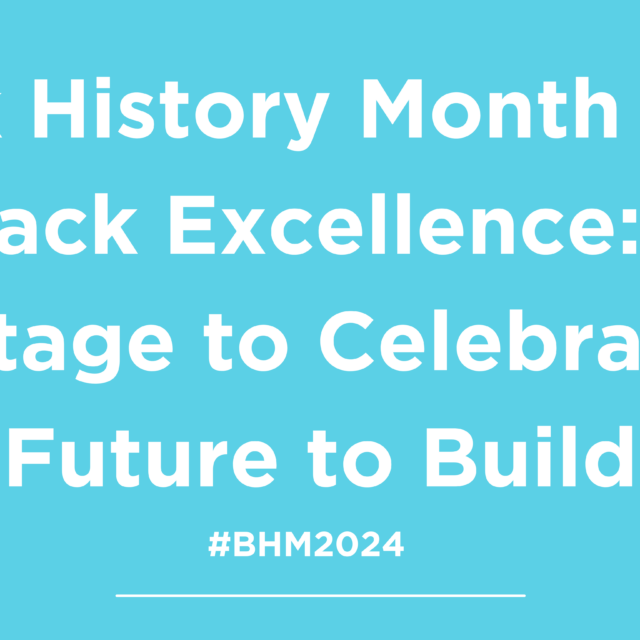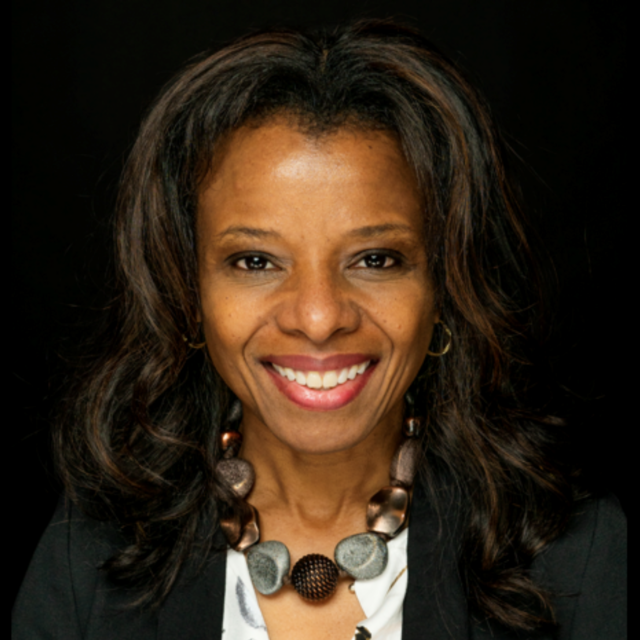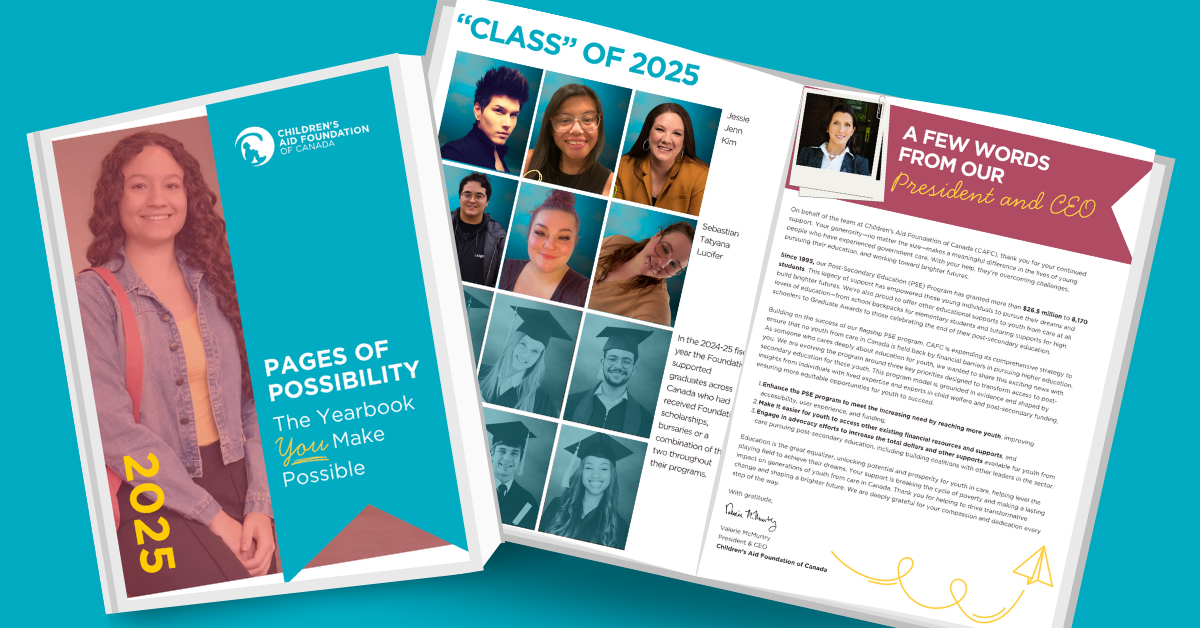As we conclude Black History Month, we’re excited to share excerpts from a fireside chat that we hosted with Troy, a former youth in care, discussing Soul Journey. Soul Journey is a 10-month long series of learning opportunities available for Black youth in care.
Troy is a research specialist at Versapay, a Canadian-based fintech company. When he’s not busy working, he’s busy giving back as a tutor, as a mentor, and as a lived experiences ambassador for Children’s Aid Foundation of Canada. Troy grew up in government care, living in multiple homes until finding permanency, and is looking to pursue a second career as an educational consultant.
John is the manager of equity practice at the Children’s Aid Society of Toronto. He’s focused on building capacity and disrupting systemic inequities for families involved in child welfare. As part of this role, John oversees and serves as a coach in the Soul Journey coaching program – a recently revamped series of learning opportunities provided to Black youth.

*Answers have been edited for brevity and clarity. Watch the full interview below.
Q: What is Soul Journey? Can you tell us a little bit about where it all began?
[John]: To me, it’s a journey that is transformational, where it enlightens and adds growth to Black youth in care. It’s a series of learning opportunities and excursions that offer Black youth the opportunity to understand and know the African Caribbean Canadian experience. If I recall, the first trip was to Windsor-Detroit in 2006.
The current Soul Journey program goes beyond culture and identity and focuses on improving young people’s education, their outcomes, enhancing their overall development and skills, helping youth to navigate their journey in care and beyond care, while exploring their culture and identity. It provides a space and a sense of community that brings Black youth together.
Once a month over 10 months, at York University on Saturdays from 10:30 to 12:30, we do activities such as leadership goal-setting, exploring Who Am I, exploring post-secondary options, having speakers attend about career options. And these community members are also representative of the Black community so the youth also hear from Black Elders sharing their struggles and their resilience in obtaining employment in these particular fields, giving them motivation that they too can be in these career settings. The 10-month sessions – last year (2023) we went to Nova Scotia and we’re looking at Washington, DC for the 2024 trip.
Q: Troy, you had an opportunity to do the Soul Journey experience. Can you tell us a little bit about where you were in your life when you took that program and the impact it had?
[Troy]: Absolutely! I was in Washington, DC in 2011 and when I participated in Soul Journey I was transitioning from grade 11 of high school to grade 12 and that was a really empowering and uplifting moment for myself because I was going through a lot of transitions as a young person. I was trying to figure out where I wanted to go for university at that point and just going through a series of issues with family. I went to Washington, DC for a week and it was really impactful – I got to see the Smithsonian Museum and hear about the Black experience over there. Being able to see the dichotomies between rich and poor, being able to see the White House and being able to go to the oldest Baptist churches in Washington, DC that sort of served as a landmark for the community – it was certainly an uplifting experience. It was great to connect with so many young people and I’m friends with most of them today. It was a really pivotal moment in my life and I started writing spoken word poetry shortly after attending because I was also exposed to some of that stuff over there as well.
Q: Troy, how did being around young people with whom you have similar shared experiences shape your future?
[Troy]: The night after I returned from the trip, I couldn’t sleep. I think one of the biggest things that impacted me was people’s storytelling in Washington, DC – their speaking ability and how they could relate to other people and the capacity to speak from their minds and being able to tell history. I started thinking about my contribution to the world at that point and where I was going to go. That year, I got involved with student council, I took up sports, I made changes to my life. It definitely impacted me there.
I was also very shy as well – I mean I was a very was very social in school and a fairly good student but I was also very shy so I think that trip kind of brought me out of my shell a little bit and allowed me to kind of get rid of some of that trepidation around thinking I might not be good enough for one thing or the other.
And on a personal note, I always loved mathematics when I was in high school but never did well at it up until grade 11. I ended up getting an 84% in my Advanced functions course in grade 12 after that experience so my whole mindset around education and getting involved and feeling like I had more to contribute to the world definitely shifted and I think it’s in large part because of the program.
Q: John, you have been involved with the program for a few years now. Is Troy’s experience at Soul Journey echoed by other youth? Have you heard feedback from caregivers about the program?
[John]: I would say from a youth perspective, as Troy mentioned there’s that sense of connecting with other youth but it’s also about connecting with adults in their community that goes beyond care. saying “it takes a village” is a real focus as we wrap the Black community around the youths – how do we extend that community around our Black youth in care? To build that sense of self and identity but also help propel them to be successful in their own way.
A supervisor reached out to me and said, “Hey just wanted to let you know this youth wrote in his feedback to the Ministry in response to the question ‘Who outside your foster home do you identify as ally and a support?’ and it was very touching to find out this youth identified myself because I’ve only been working with this youth for a year. So just think of the impact over a year can have on a young person, right? Troy talks about the impact of a week in Washington, therefore imagine the impact of this program on young people from a chaperone, professor, Elder or myself where they feel seen, heard, supported and have an ally – that speaks volumes.
I’ve had caregivers say to me, “I have seen a shift in this young person when they came back from Soul Journey and they are more respectful and more helpful in the home.” It’s not just learning about identity, it’s learning about responsibility. In care we talk about rights of young people, however, young people also need to know about their responsibilities, right? So, we highlight those aspects in terms of rights and responsibilities – how do you show up, how do you engage and communicate, how do you be a leader?
The Soul Journey Coaching program is a series of learning opportunities available to Black youth in care to build their overall development, independence, resilience, and a sense of community.
Funded by our generous Teddy Bear Fund donors and CIBC, the program is an opportunity for youth to discover and learn more about their identity, community, and what it means to be Black. The reimagined program provides Black youth in care with support to improve their education and develop life skills for their journey through and beyond care, crucial elements to their educational and life outcomes.
Watch the full video below!




